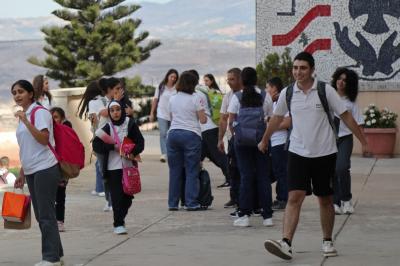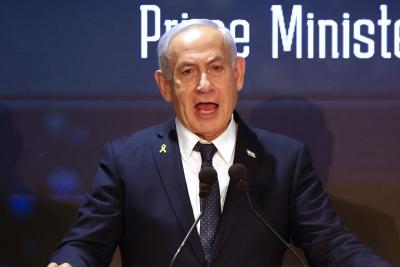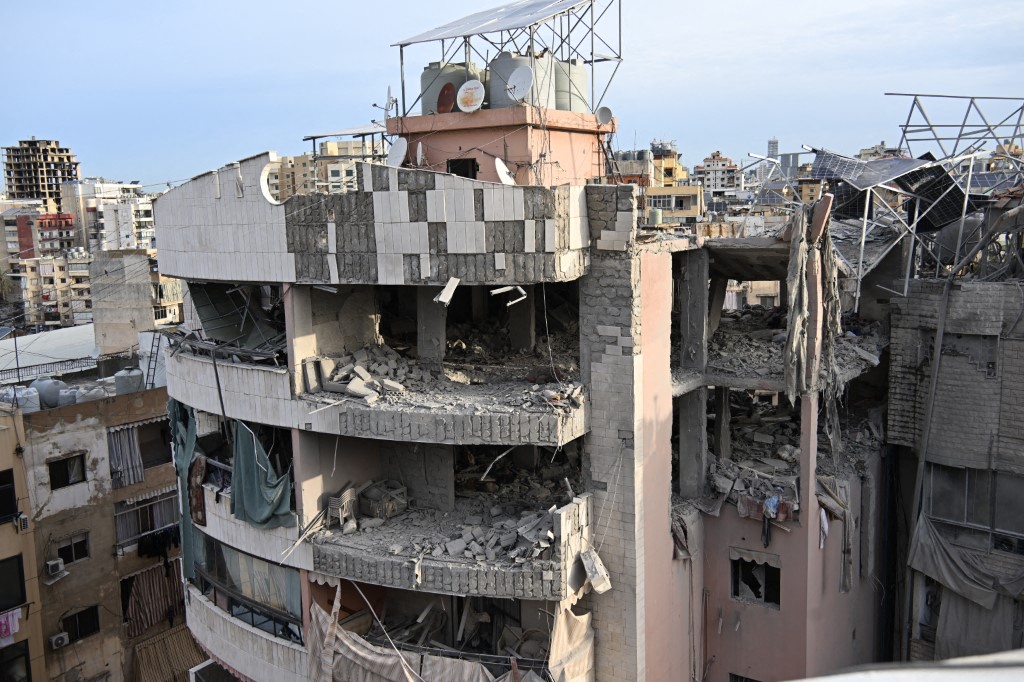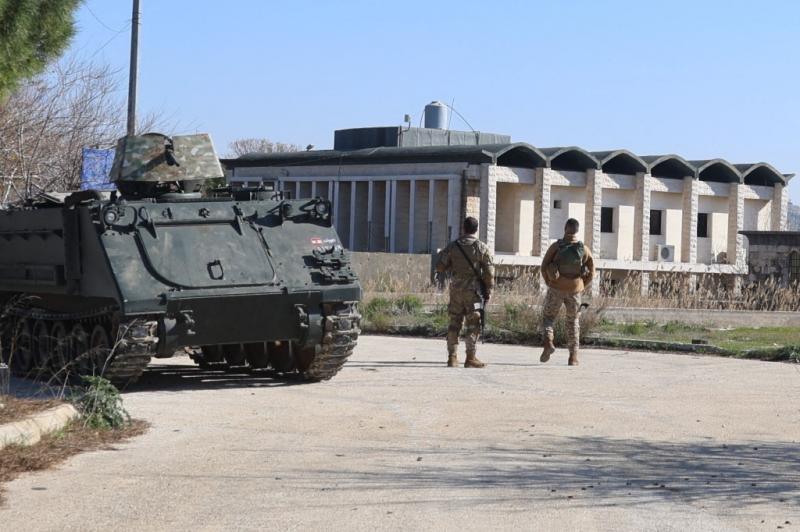With Eid al Fitr, Lebanon’s tourism landscape remains largely unchanged from recent years—despite notable political developments such as the election of a president and the formation of a new government. The optimism some had hoped for is now overshadowed by the latest Israeli airstrike on Beirut’s southern suburbs and ongoing clashes in the south, making it difficult to paint a truly hopeful picture.
Cautious optimism lingers, but restrictions on Gulf citizens traveling to Lebanon continue to hinder the tourism sector’s revival. As a result, the current season is once again relying heavily on Lebanese expatriates and domestic tourism, with only limited numbers of visitors from Egypt, Iraq, and Jordan.
Modest Tourism Movement Despite the Festive Season
Even with the holiday spirit in the air, the expected uptick in tourism during Eid is unlikely to bring a major breakthrough. Speaking to Al Safa News, Pierre Achkar, President of the Syndicate of Hotel Owners and head of the Federation of Tourism Institutions, noted that "the profile of visitors remains consistent with previous years. The market is still primarily driven by Lebanese expatriates, along with a small number of Arab tourists—mainly Jordanians, Egyptians, and Iraqis. A few visitors from Qatar and Kuwait are arriving as well, but their numbers aren’t enough to significantly boost the sector."
Although restaurants, cafés, and nightlife venues are seeing a positive impact from the festive mood, Achkar said hotels and furnished apartments—especially outside Beirut—aren’t reaping the same benefits. "Tourist activity is expected to remain centered in the capital and major cities like Tripoli, which is hosting various entertainment events to attract visitors."
Travel Sector: Still Banking on Expatriates
Jean Abboud, head of the Syndicate of Travel and Tourism Agencies, also emphasized in his comments to Al Safa News that flight bookings and hotel reservations continue to rely almost exclusively on Lebanese expatriates. “Lifting the Gulf travel ban remains a distant dream,” he said, "but it would be a game-changer for the industry if it ever happens."
As for flight bookings, Abboud said they are “nearly full—between 90% and 95%,” a level similar to last year’s Eid season. This indicates a steady flow of arrivals, but not the significant jump the industry had hoped for following recent political changes. Despite efforts to diversify the tourism market and attract new visitor segments, the numbers haven’t budged much, remaining confined to the Lebanese diaspora with no major increase in Arab or foreign tourists.
Low Corporate Bookings Dampening Restaurant Sector
In the restaurant and café sector, Tony Ramy, head of the Syndicate of Owners of Restaurants, Cafés, and Nightclubs, reported that the Ramadan season fell short of expectations. “Iftar bookings saw a notable drop, especially from companies whose budgets for such events were almost non-existent,” he explained. On the other hand, late-night Suhoor gatherings at cafés saw relatively good attendance, thanks to their lower cost compared to restaurants—making them a more appealing choice for budget-conscious customers.
This year, Eid al-Fitr coincides with Easter, creating a dual holiday season that could help stimulate certain sectors. However, tourism activity will remain tightly linked to Lebanon’s security situation. According to Ramy, Arab tourism—particularly from Iraq, Jordan, and Egypt—will remain limited due to ongoing tensions in both northern and southern Lebanon, which continue to raise concerns among foreign visitors.
A Sector in Urgent Need of Stability and Reform
Amid Lebanon’s ongoing economic and political crises, tourism remains a seasonal, diaspora-driven industry rather than a sustainable one capable of consistently attracting Arab and foreign travelers. Industry experts agree that restoring confidence in Lebanon as a tourist destination will require more than hope—it demands real stability, full implementation of UN Resolution 1701, and meaningful economic and administrative reforms.
Until then, Lebanon continues to depend on its expatriates to keep the tourism sector alive, all while waiting for regional markets to reopen and for the country to reclaim its status as a prime Middle Eastern destination.
 French
French













